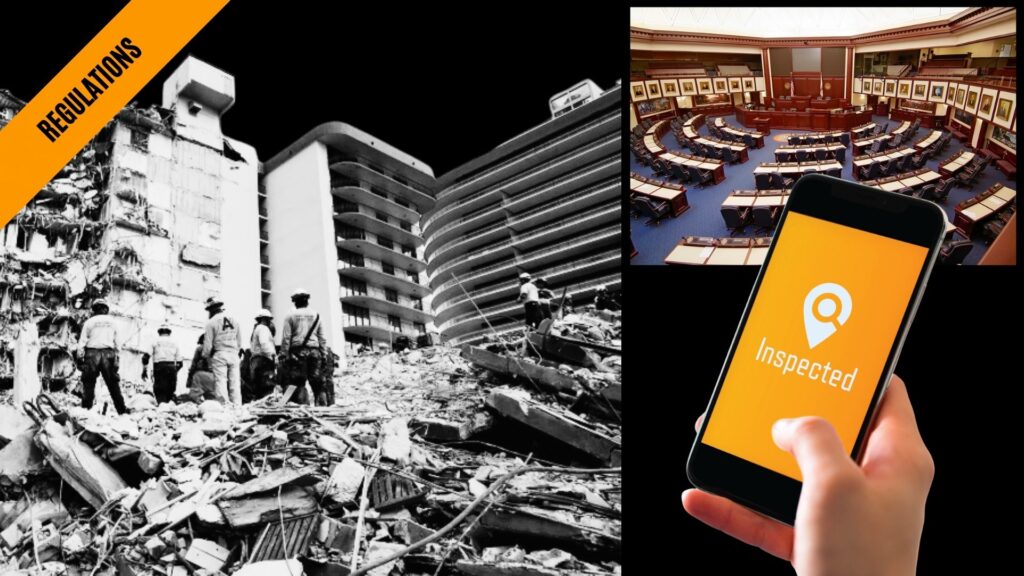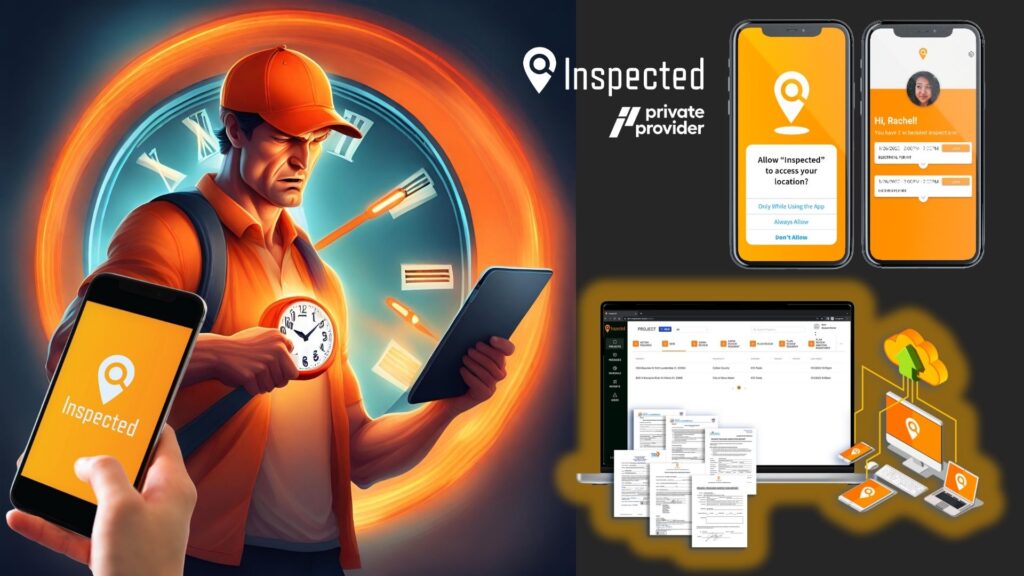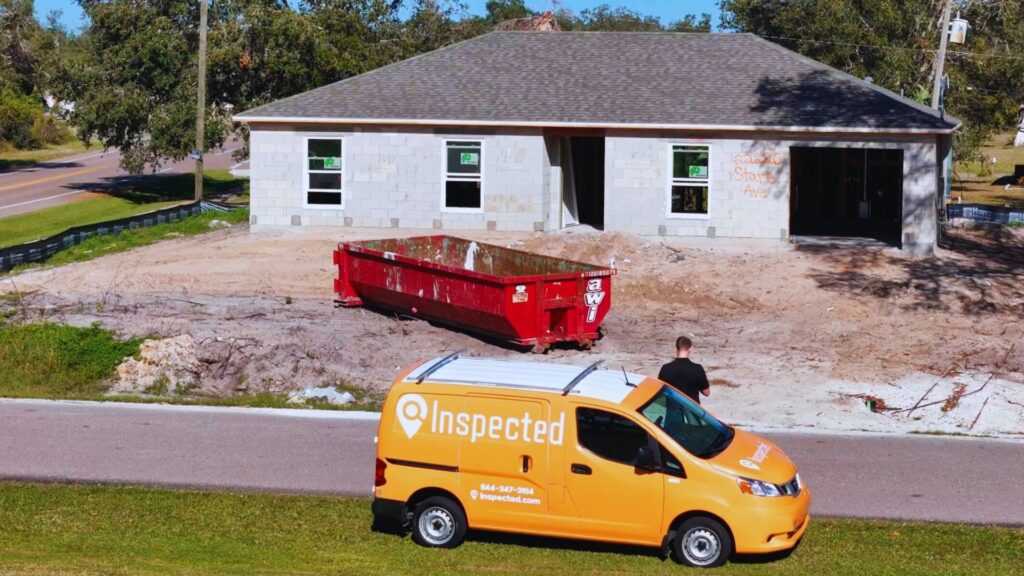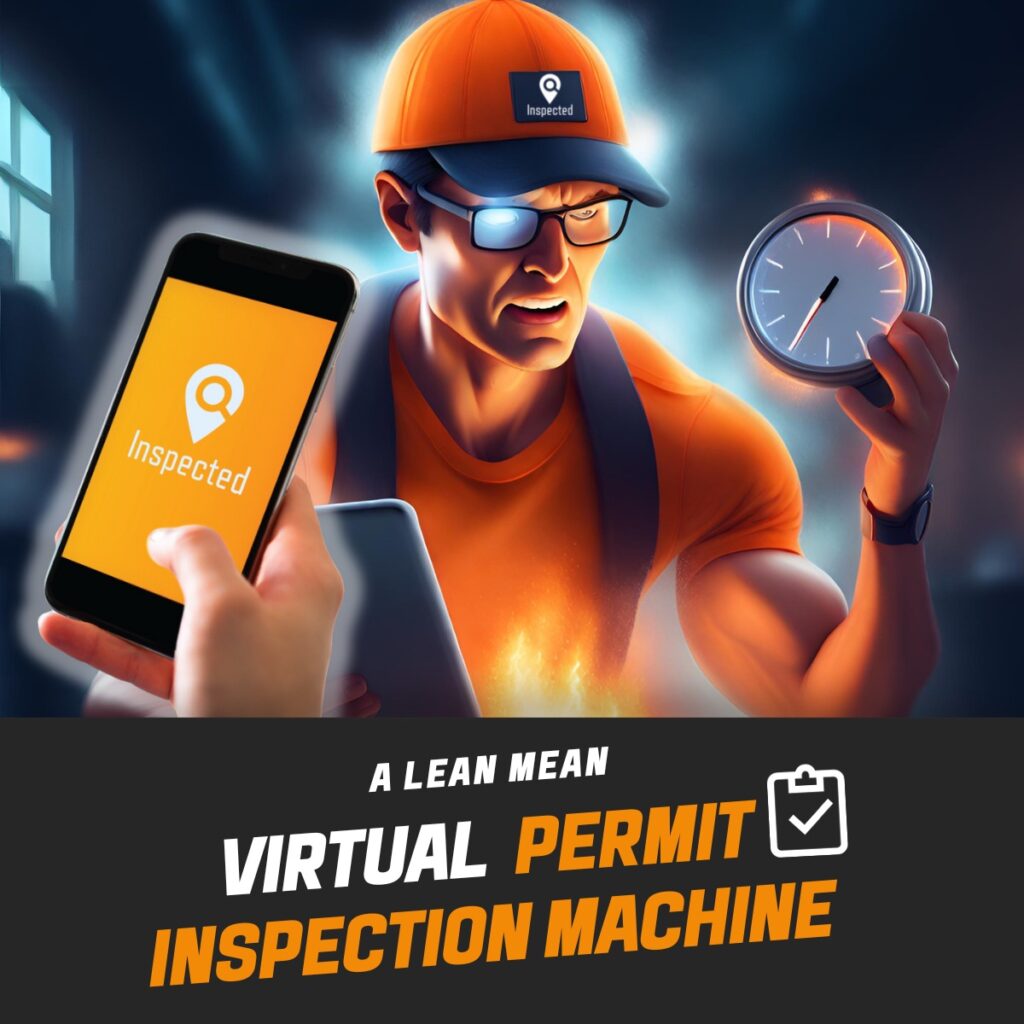As Florida’s HB 267 moves through the legislative process, people are asking: will it make building permits faster but less safe? The bill wants to speed up the permit process to help construction projects progress quickly. Progress of the bill in Florida will likely influence (and indicate trends) in other states, including Texas and Georgia.

The Bill, designed to expedite Building Permits, has ignited debates surrounding the delicate balance between efficiency and regulatory scrutiny in the construction industry.
Against events like the Surfside tragedy, concerns have been raised about the potential trade-offs while evidence mounts that the Bill signals a broader trend in local government priorities; by working together, they can unlock the full potential of digital tools to streamline Inspections, promote compliance, and drive innovation in construction oversight.
Proponents argue that faster permit approvals will spur economic growth and alleviate delays in construction projects. By modifying provisions in the Florida Building Code and reducing permit fees, the Bill seeks to incentivize development while simplifying regulatory procedures.
However, critics caution that expediting permits could compromise safety standards, particularly in light of past structural failures like the collapse of Champlain Towers South in Surfside.
Craig Pittman, a vocal critic of HB 267, highlights the inherent risks of hastening the permit process. Pittman warns that “shortened timeframes could compromise safety,” echoing concerns many in the construction industry share.
As the Bill advances, stakeholders must maintain rigorous oversight while expediting project timelines.
Pittman’s insights underscore the need for careful consideration of safety implications in legislative efforts to streamline construction processes. To address safety concerns raised by Pittman and other critics, several suggestions merit consideration:
- Implement robust quality control measures to ensure compliance with building codes and standards. Provide adequate training and resources for inspectors to conduct thorough evaluations of construction sites.
- Establish clear guidelines for Virtual Inspection protocols to maintain consistency and accuracy. Foster collaboration between government agencies, Private Providers, and industry stakeholders to develop best practices for Virtual Inspections.
- Conduct regular reviews and audits of Virtual Inspection processes to identify areas for improvement and address emerging challenges.
By incorporating these suggestions into the legislative framework, policymakers can mitigate safety risks associated with expedited permit processes while harnessing the benefits of Virtual Inspections.

This proactive approach underscores a commitment to upholding safety standards and promoting innovation in construction oversight. As HB 267 moves forward, stakeholders must prioritize safety without compromising the efficiency gains envisioned by the legislation.
Daily, more and more local governments are getting on board with using disruptive new technology, like Virtual Inspections, and the Bill supports this trend. It shows that governments see the benefits of upgrading their tech and trying out Virtual Inspections.
The Legislation recognizes the benefits of modernizing Inspection processes by allowing local governments to allocate specific fees for technology enhancements. This shift suggests a proactive approach to exploring innovative solutions for streamlining construction oversight and improving efficiency.
In fact, recent state statute updates allow home builders and contractors to reduce permit fees. When you work with a Private Provider like Inspected for Plan Review or Building Inspection Services, the local jurisdiction must reduce your Permit Fee.
Moreover, the upcoming provision highlights the increasing interest of local governments in leveraging technology to enhance their Inspection capabilities.
It underscores a collaborative effort to embrace digital solutions for Inspection services.
By investing in technology upgrades, local governments demonstrate a commitment to improving their operations and meeting the evolving needs of the construction industry.
In this context, an opportunity for synergy between government-led initiatives and private-sector expertise emerges.
Rather than competing directly, government agencies and Private Providers can collaborate to integrate Virtual Inspection technologies seamlessly into existing processes.
By working together, they can unlock the full potential of digital tools to streamline Inspections, promote compliance, and drive innovation in construction oversight.
Furthermore, the push for expedited permit processes outlined in the Legislation aligns with the concerns raised by the author regarding safety risks in construction.
While speeding up permits may raise concerns about oversight and quality control, Virtual Inspections offer a promising solution.
By harnessing technology, Virtual Inspections enable real-time monitoring and assessment of construction projects, reducing the need for physical Inspections without compromising safety standards.

This addresses the Bill’s time-saving objectives and enhances oversight, mitigating the risks highlighted by events like the Surfside tragedy.
The combination of streamlined permitting processes and Virtual Inspection capabilities presents a compelling opportunity to transform the construction industry landscape in Florida.
By leveraging technology to improve efficiency while maintaining rigorous safety standards, stakeholders can navigate the regulatory landscape more effectively.
As the Bill progresses and discussions around Virtual Inspections evolve, collaboration between government agencies, Private Providers, and industry stakeholders will be essential to realize the full potential of digital solutions in construction oversight.
ICC Community Development Solutions, a subsidiary of the International Code Council that provides software solutions for municipalities and building safety professionals, partnered with Inspected to make remote Virtual Inspections accessible to county code officials, homeowners, and contractors.

This collaboration underscores the growing recognition of the benefits of Virtual Inspection technologies in enhancing construction oversight. By leveraging Inspected’s remote video inspection software, Code Council members, partners, municipalities, and government jurisdictions can conduct adequate and consistent Virtual Inspections, streamlining regulatory processes while maintaining safety standards.
Inspected’s patent-pending software offers a secure platform to implement and manage remote Virtual Inspections.
With features such as automatic algorithmic geo-tagging, photo and video recording, scheduling, record-keeping, and cloud storage capabilities, Inspected’s software empowers inspectors to conduct Virtual Inspections quickly and efficiently.
By embracing digital solutions like Inspected, stakeholders can overcome challenges posed by the pandemic and other disruptions, ensuring continuity in construction projects and regulatory processes.
As the construction industry continues to evolve, partnerships like the one between ICC Community Development Solutions and Inspected exemplify the collaborative spirit needed to drive innovation and efficiency.
By harnessing the power of technology, stakeholders can navigate regulatory challenges, enhance construction oversight, and promote safety in building projects.
As HB 267 and similar legislative efforts progress, the integration of Virtual Inspection technologies will play a crucial role in shaping the future of construction oversight in Florida and beyond